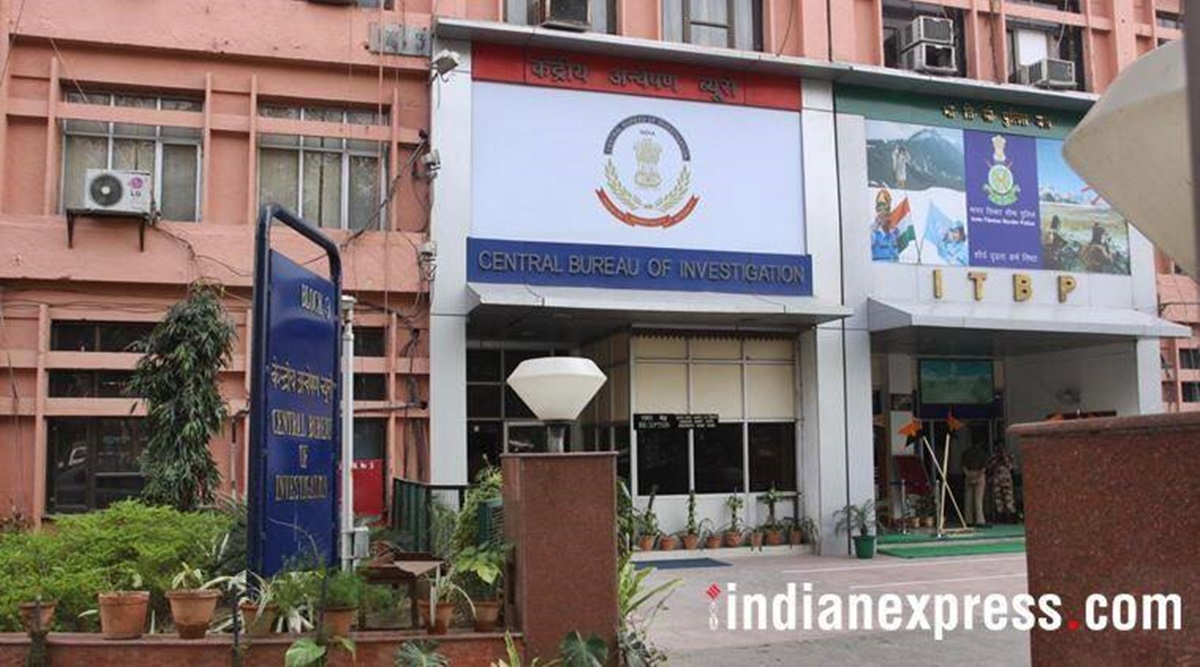 The agency sources said it is conducting searches at six locations connected to officials at the rank of chief general manager (CGM) and general manager (GM).
The agency sources said it is conducting searches at six locations connected to officials at the rank of chief general manager (CGM) and general manager (GM). The Central Bureau of Investigation (CBI) Monday searched the offices and residences of three senior-level officials of the Securities and Exchange Board of India (SEBI) in Mumbai in connection with its probe into the Saradha Group.
The agency, sources said, conducted searches at six locations connected to SEBI officials, two of whom are Chief General Managers, and one is a Deputy General Manager. All three were posted at SEBI’s Kolkata office between 2009 and 2013.
The Saradha Group, which had illegally raised deposits from people, went bust in April 2013 after it defaulted on repayments to depositors. The group raised Rs 2,400 crore from about 17 lakh small investors through various collective investment schemes. The failure of the chit fund had allegedly led to several suicides in the eastern part of India.
Subsequently, the Saradha Group Chairman Sudipta Sen was arrested along with two of his associates for defrauding depositors. Several TMC leaders have been linked to the Saradha scam. The group is yet to return the principal amount of Rs 1,876 crore to investors.
“The CBI is probing allegations against the officers for extending undue benefits to Saradha Group as it was regulated by the market regulator, Sebi, under the collective investment scheme (CIS) norms,” said a source.
SEBI has been investigating the Saradha case since 2010 when it first received a complaint from the Economic Offences Investigation Cell (EOIC) of West Bengal against the illegal money raising activity of Saradha Realty India Ltd. It, however, passed its first order against Saradha Group only in 2013 after the collapse of the group.
According to an April 2013 Sebi order, one of the group firm, Saradha Realty, had collected advances from the investors as contributions for allotment of plots of land with promise to give land to the investor on payment of all installments. The company had floated schemes for allowing contributions ranging from Rs 10,000 to Rs 100,000 with tenure varying from 15 months to 120 months.
In case an investor did not want the land, the money collected was to be returned with 12 per cent to 24 per cent interest. Sebi said the company ran a collective investment scheme as the real objective was “to mobilize fund from public by showing some real estate projects to the investors” and indirectly promising “return of funds with high interest rates”.